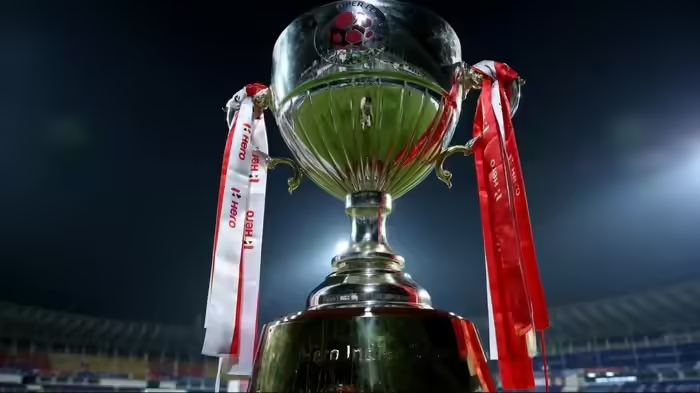
Goa: Indian football is facing one of its gravest challenges yet as the All India Football Federation (AIFF) fails to secure a commercial partner for its flagship tournament, the Indian Super League (ISL). The deadline for submitting Request for Proposals (RFP) was set for 7th November, but no bids were received. This development has cast a shadow over the future of the country’s top football league.
With less than a month left for the current commercial contract with Football Sports Development Limited (FSDL) to expire on 8th December, AIFF is now exploring alternative ways to raise funds. Reliance Group-owned FSDL had initially shown interest in renewing the contract but later withdrew, creating uncertainty for clubs and players who may face significant financial setbacks.
Tender Process and Lack of Bidders
Following the Supreme Court’s approval for AIFF’s new constitution in September, the federation issued a tender in October seeking a commercial partner for ISL for the next 15 years. While companies such as FanCode, RAAK Group, and a Monaco-based business group expressed interest and requested details, none submitted a bid. AIFF had offered marketing, production, and broadcasting rights along with a payment clause of ₹37.5 crore or 5% of revenue—whichever is higher—annually, but no company agreed to these terms.
AIFF has stated that the Bid Evaluation Committee, chaired by Justice L.N. Rao and including AIFF president Kalyan Chaubey, will review the situation and decide the next steps.
AIFF Wants Full Control
According to officials, AIFF intends to retain full operational control of the league while expecting the financier to shoulder the financial burden. A governing council is expected to be formed with six representatives—two from AIFF with veto power and one from the marketing partner with a single veto. This structure raises concerns about who will invest under such conditions, as AIFF also seeks to control advertising and sponsorships entirely.
The league, initially scheduled to start on 13th September, was postponed to December, further complicating compliance with continental licensing requirements, including staging 24 matches across domestic and alternate venues.
Impact on Clubs and Players
Financial constraints may force clubs to delay salaries and other payments to players, potentially leading to pay cuts and even player layoffs. The crisis threatens not only the ISL but also the Indian Women’s League (IWL) and the preparation of India’s women’s national teams, including U-17, U-20, and senior squads, all of which are participating in continental championships for the first time.
With the Indian football ecosystem at a critical juncture, urgent intervention is needed to ensure the ISL season proceeds smoothly and the players and clubs are safeguarded from financial disruption.
Discover more from SD NEWS agency
Subscribe to get the latest posts sent to your email.
